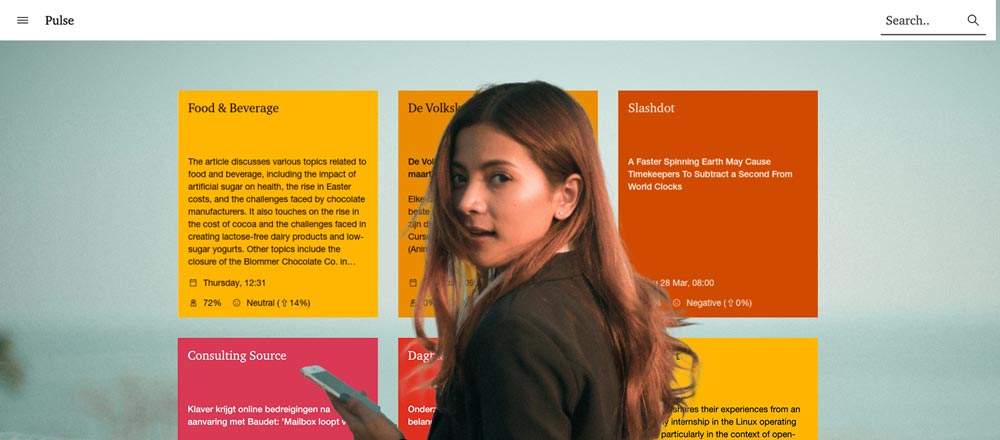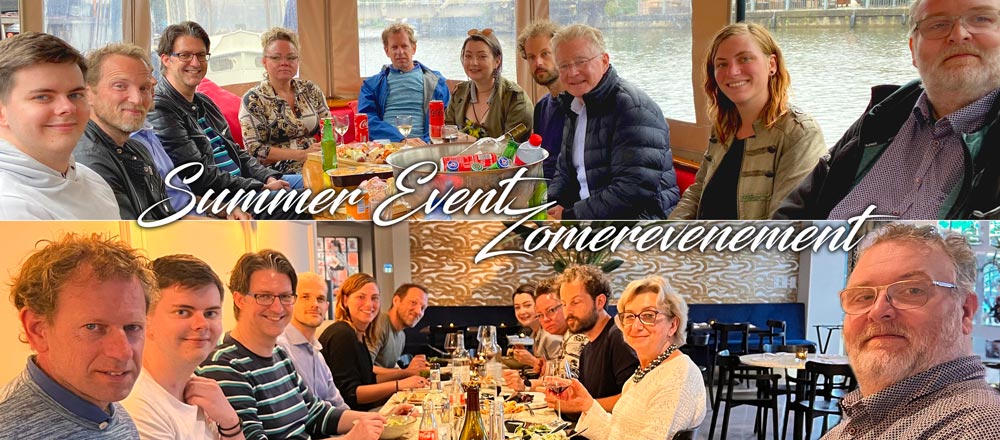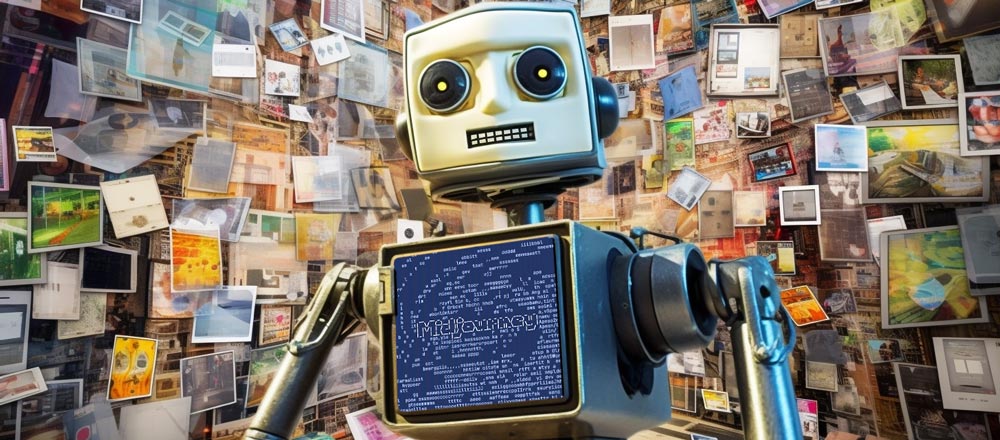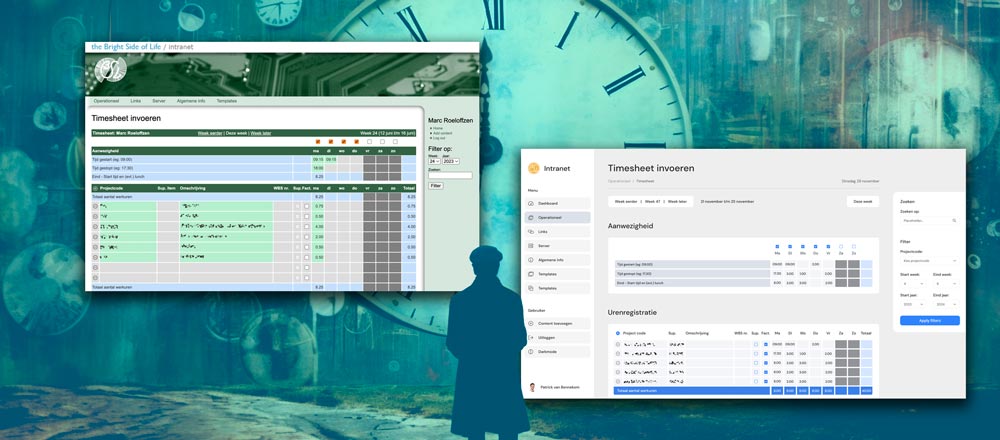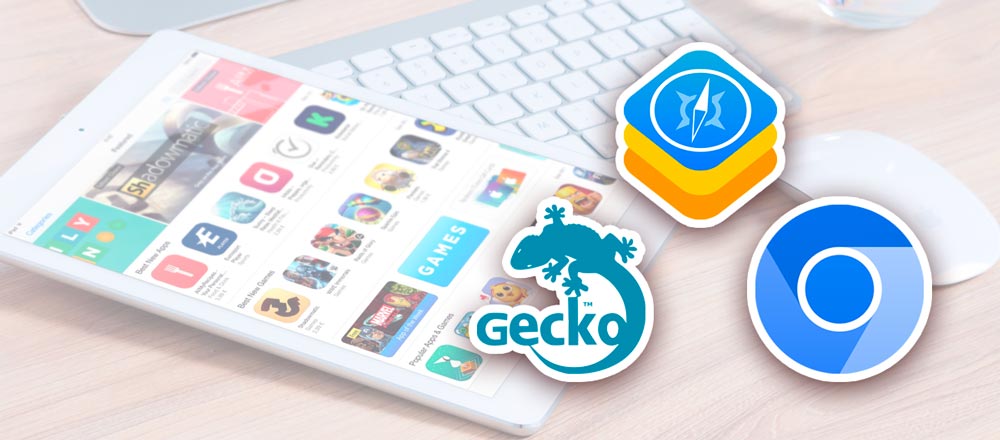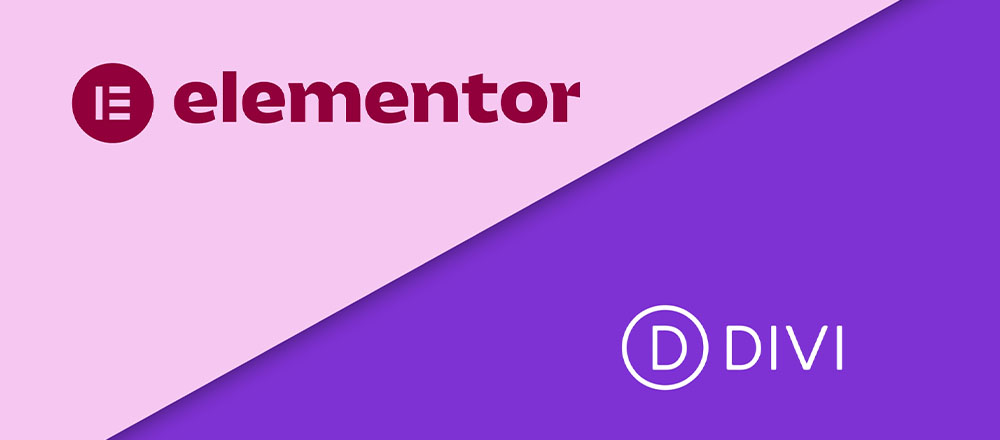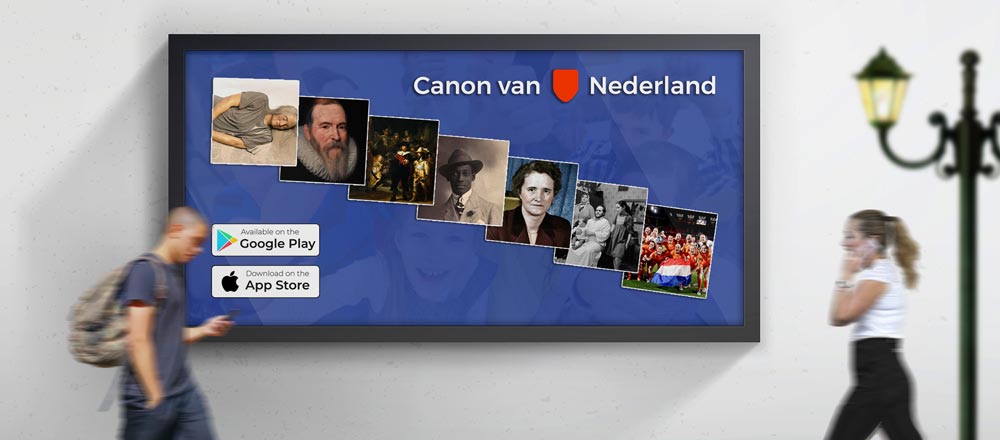While the Brexit soap attracts most of the headlines (Theresa [MAY|MAY NOT] lead Britain to [RICHES|POVERTY] when they finally [LEAVE|REJOIN|DESTROY] the EU), the EU have voted on their proposed EU Copyright Directive. Some think that this directive will endanger the Internet. A claim made by many journalists and technical gurus, including Tim Berners-Lee and Jimmy Wales.
The EU Copyright Directive
The bad boy causing all this angst is the rather dull sounding EU Copyright Directive in the digital internal market. The Romanian Presidency of the EU began on 1st of January, when they inherited this particular hot potato from the departing Austrians. The Romanians must now bring the copyright discussions that occupied most of 2018 to a successful conclusion. Preferably before a new parliament and a new commission take office in July. Maybe they’re already on the phone to Theresa May to ask for tips?
So what’s the gain, and where’s the pain?
The less than snappily titled EU Copyright Directive is a well-meaning piece of legislation. It is intended to protect creative works from (mis)appropriation. Whilst I bang away on my keyboard, maybe someone, somewhere – however unlikely – is just waiting to copy and paste my blog. More realistically, movie directors, actors, artists, musicians, photographers, journalists and many more want to protect their works. I doubt if film directors enjoy seeing their efforts reduced to Internet memes. And as the lights go out at newspapers throughout Europe, many journalists are sobbing into their beer claiming ‘the Internet took my job’.
So the goal is to protect these creators. The originators of works that are stolen and re-used by people who don’t have the talent or skill to create something themselves. The EU feels obliged to do something. And part of the something they have in mind is the introduction of two new legal articles. Let me introduce them.
Article 11
OK, Article 11 sounds pretty dull, but it’s part of the equally dull sounding EU Copyright Directive. Some refer to it as a ‘link tax’. The article stipulates that ’snippets of text’ linking to news media must be paid for. A link tax will theoretically provide the original publishers with money to pay their journalists. But in the long run, it could also have a negative effect on newspapers and magazines. Richard Gingras, vice president of the news team at Google, has threatened to abandon Google News in Europe if the EU continues its plans for Article 11. He refers to Spain where such a measure was introduced. It led to a significant decrease in traffic on the sites of the Spanish newspapers. A similar experiment failed in Germany.
Article 13
Article 13 of the EU Copyright Directive is the evil twin of Article 11. It requires internet platforms to check uploaded content for any copyright infringement, and immediately remove offending content. This effectively reinvents copyright enforcement. Action will be taken automatically on behalf of the copyright holder. Internet companies such as YouTube will be responsible, and not the author who believes his/her copyright has been infringed.
The big fear is that companies like YouTube will be forced to introduce aggressive filters as a precaution. This hurts the Internet because people who use music and videos to share their stories will be censored. Worse still, best-of-breed digital filters such as YouTube’s Content ID system (costing $60,000,000 to develop) are flawed.
Doctorow wrote: “legitimate works are censored by spurious copyright claims: NASA gets blocked from posting its own Mars rover footage; classical pianists are blocked from posting their own performances, birdsong results in videos being censored, entire academic conferences lose their presenters’ audio because the hall they rented played music at the lunch-break—you can’t even post silence without triggering copyright enforcement.”
Julia Reda (MEP) published several examples of what can go wrong if automated filters determine what can and cannot be published. Conclusion? We’re simply not ready for Judge Dredd-like justice.
Where are we right now?
Last autumn, the EU tried to meet some of these objections. But to no avail. Eleven countries voted against the EU Copyright Directive in early January. This included the Netherlands. According to Reda, the main objection remains the lack of protection for Internet users. However, at the same time, many audiovisual rights owners have a long list of objections. They believe that large online platforms such as YouTube will gain too much wriggle-room.
So after two years of debate (sound familiar UK readers?), many EU voters want no part of Article 13. Over 5 million protesters have signed a petition against it. Young creators feel their livelihoods are threatened. Internet platforms warn it will wreck the net. And even some of the intended beneficiaries are turning their backs. No surprise really. Independent academics and experts have been telling anyone who would listen about the potential problems for years.
Tuesday, March 26 12:30 was the moment of truth, when all members of the European Parliament voted on the EU Copyright Directive. The disappointing result – they’ve accepted the new legislation.
Digital dustbin
Many think the ‘EU Copyright Directive’ should be dumped in a digital dustbin. Then we should ask YouTube, Google News, Facebook, Pinterest et al to pay collective licenses for the content they encourage us to share. Content creators will gain a new source of income. And the rest of us will enjoy seeing these platforms pay at least some tax. This doesn’t rely on introducing upload filters that will create more problems than they solve. And it won’t burden small startups and platforms, who aren’t responsible for the copyright infringement issues in the first place.
We designed our Pulse software to manage access rights and copyright infringements within a global enterprise. If you want to find out more about our software, get in touch.




